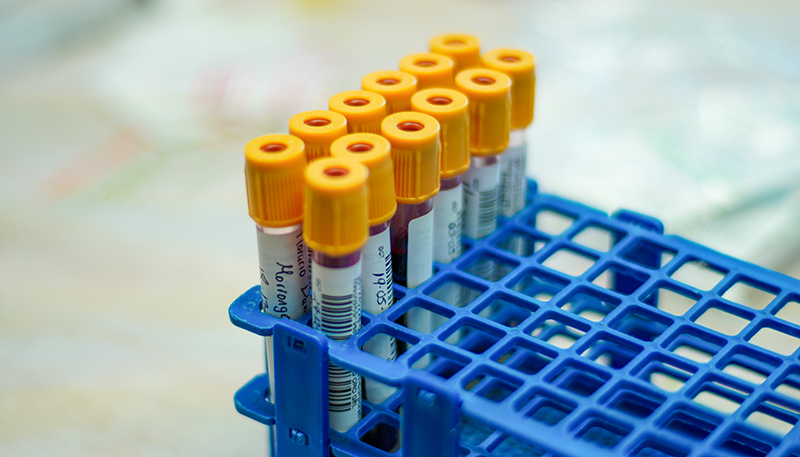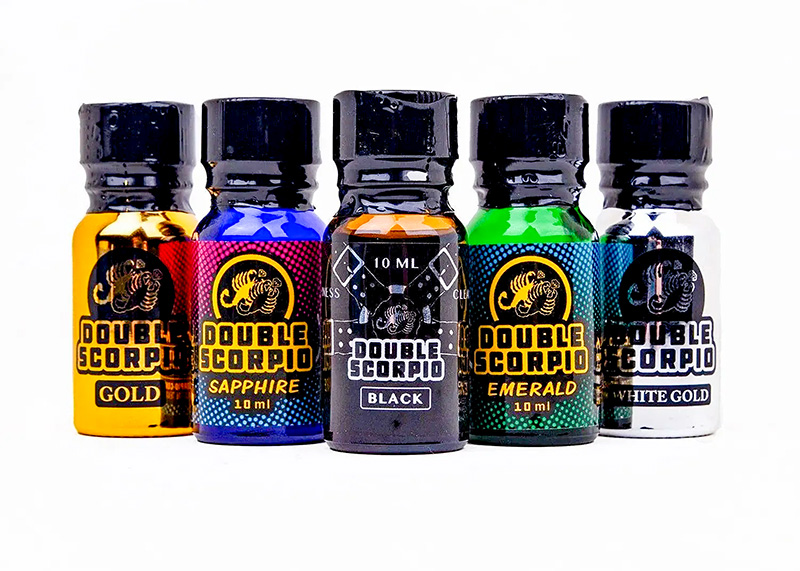Proud and Prepared
Gay community's emergency expert uses flu for teaching moment
Dr. Philip B. Terry is no stranger to emergencies.
He started volunteering for the American Red Cross when he was 14. And until last year, he was the senior director for the Emergency and National Services of that organization. Terry was on hand to help after the terrorist attacks of Sept. 11, 2001, first at the Pentagon, then for weeks in New York.
Through his many years offering emergency-care services, Terry, who currently works as executive director of Prevention Works!, an organization that advocates for needle exchange and other efforts to prevent HIV in D.C., says he’s learned an important lesson: ”Preparedness is an ongoing process.””It usually takes something to kind of jolt us into reality,” says Terry. In recent weeks, that jolt may have come from news about a new strain of influenza virus, the headline-grabbing H1N1.
”Anytime something like this comes up, I get a slew of e-mails from friends and colleaguesÂ… asking, ‘What should we be doing?”’
While some of that panic has died down in recent days, Terry is using the opportunity to educate the city’s GLBT and HIV/AIDS communities about preparing for an emergency, whether that be a new strain of flu virus, hurricane season — which he warns is right around the corner — or any of the nearly infinite circumstances that would seem to turn the world upside down.
”I think people are overreacting to the ‘swine flu’ a little bit,” he says. “But I think if we’re always mindful of what we should be doing to take better care of ourselves, the better off we all are.”
Even though Terry puts himself at an 8 when asked how concerned he is about the H1N1 flu strain, on a scale of 1 to 10, he says dealing with the possible pandemic is elementary.
”Use hand sanitizer and frequently wash your hands,” he says. It’s that simple. After you do that, begin preparing for other emergencies.
”We’re really a month or so away from the start of the hurricane season, so we should make sure we have our emergency supplies. If for whatever reasons we have to stay in our homes for more than a few days and can’t get out to get groceries, we should have supplies of medicine, food and other provisions, so that we can take care of ourselves if we need to.”
Those suffering from HIV/AIDS need to take extra measures.
”Because we’re compromised, and I include myself in that category being HIV-positive, we need to take care of ourselves, contact our physicians and make sure we have a good supply of our medications. [With this flu], be aware of any changes that are happening to our bodies, if we’re having any kind of symptoms, increased fevers, out of the ordinary night sweats, those types of things.”
Whatever one’s specific situation, there’s no time like the present — rather than once an emergency hits, certainly — to prepare. Terry says the current flu scare reminded him to check his office, home and car emergency kits to make sure perishables had not expired.
”I have all the emergency kits that we recommend folks have,” he says.
An emergency survival kit should include three to five days’ supply of water (one gallon per person per day is recommended), non-perishable food, medications, boots, flashlight, batteries, manual can opener, first-aid supplies, cash, photographs of loved ones that can be used for identification purposes, and important documents.
”For the gay community that also includes documentations of shared resident or cohabitation or a domestic partnership. And even if it’s not formalized, if you have copies of bills in each other’s names” that works as well, advises Terry.
For comprehensive lists of items to include in emergency-preparedness kits, visit ready.com or redcross.org.
Support Metro Weekly’s Journalism
These are challenging times for news organizations. And yet it’s crucial we stay active and provide vital resources and information to both our local readers and the world. So won’t you please take a moment and consider supporting Metro Weekly with a membership? For as little as $5 a month, you can help ensure Metro Weekly magazine and MetroWeekly.com remain free, viable resources as we provide the best, most diverse, culturally-resonant LGBTQ coverage in both the D.C. region and around the world. Memberships come with exclusive perks and discounts, your own personal digital delivery of each week’s magazine (and an archive), access to our Member's Lounge when it launches this fall, and exclusive members-only items like Metro Weekly Membership Mugs and Tote Bags! Check out all our membership levels here and please join us today!






















